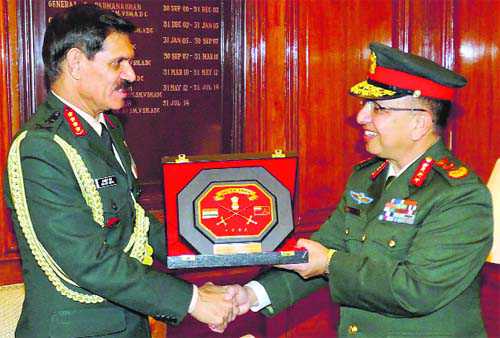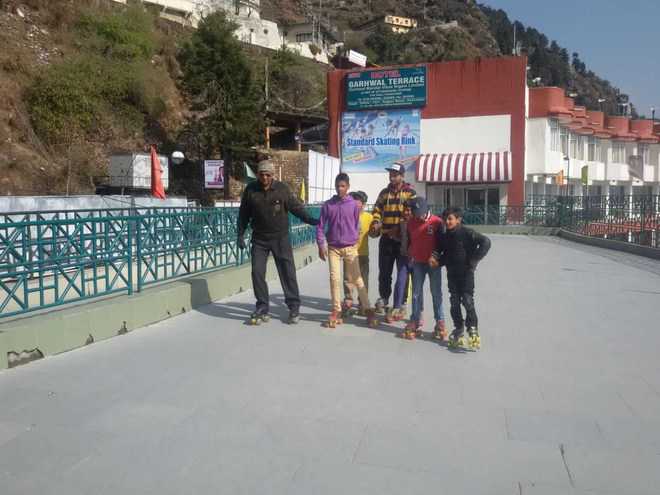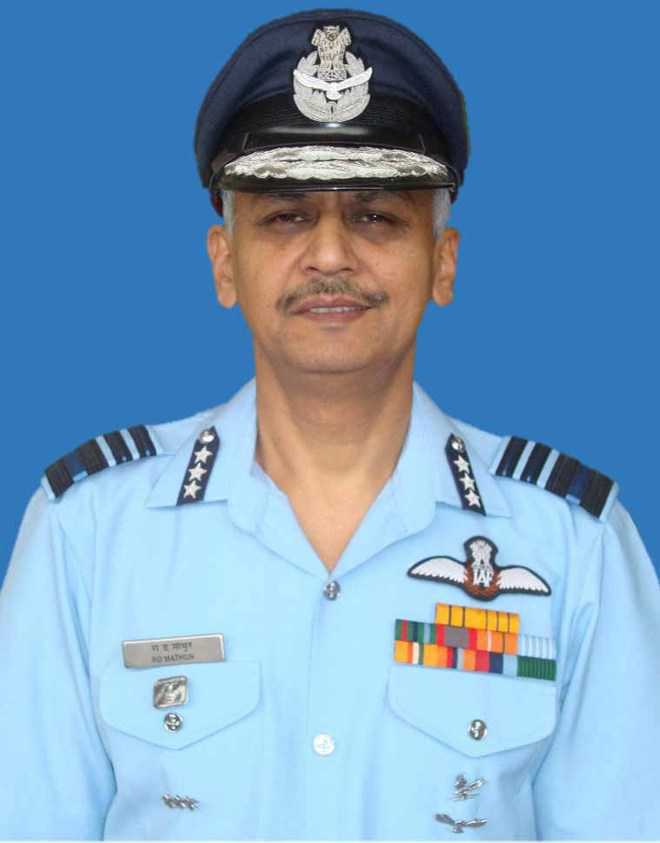
New Delhi, March 1
Drones, which are being considered a major security risk as they could be used by terror groups for mounting assaults, have been included in the prohibited list and flyers entering India will have to declare them from April 1.The government has decided to revise “Indian Customs Declaration Form” to include drones in the list of prohibited and dutiable goods and made it mandatory for the passengers to declare.Drones are generally imported by government agencies for use by the security personnel in maintaining law and order as well as ensuring vigil along the international borders and line of control with Pakistan, Bangladesh and China. They have also been used for surveillance in Naxal-hit areas.The need for all flyers to fill the customs form upon their arrival has been done away with and those who carry dutiable or prohibited goods alone will have to fill it in, as per the new rules.Foreigners’ duty-free allowance has also been increased to Rs 15,000 from the existing limit of Rs 8,000.The duty-free allowance of cigarettes, cigars and tobacco has been doubled and people will be able to bring in 200 sticks of cigarettes, 50 cigars and 250 gm tobacco.The limit to bring duty-free goods worth Rs 6,000 for passengers of Indian origin and coming from China has also been taken away. However, the free allowance for people coming from Nepal, Bhutan and Myanmar has been increased to Rs 15,000, more than two times of the limit of Rs 6,000 at present. — PTI
Move to deal with security risk
- Drones are being considered a major security risk as they could be used by terror groups for mounting assaults
- The government has revised ‘Indian Customs Declaration Form’by including drones in the prohibited list

























































































































